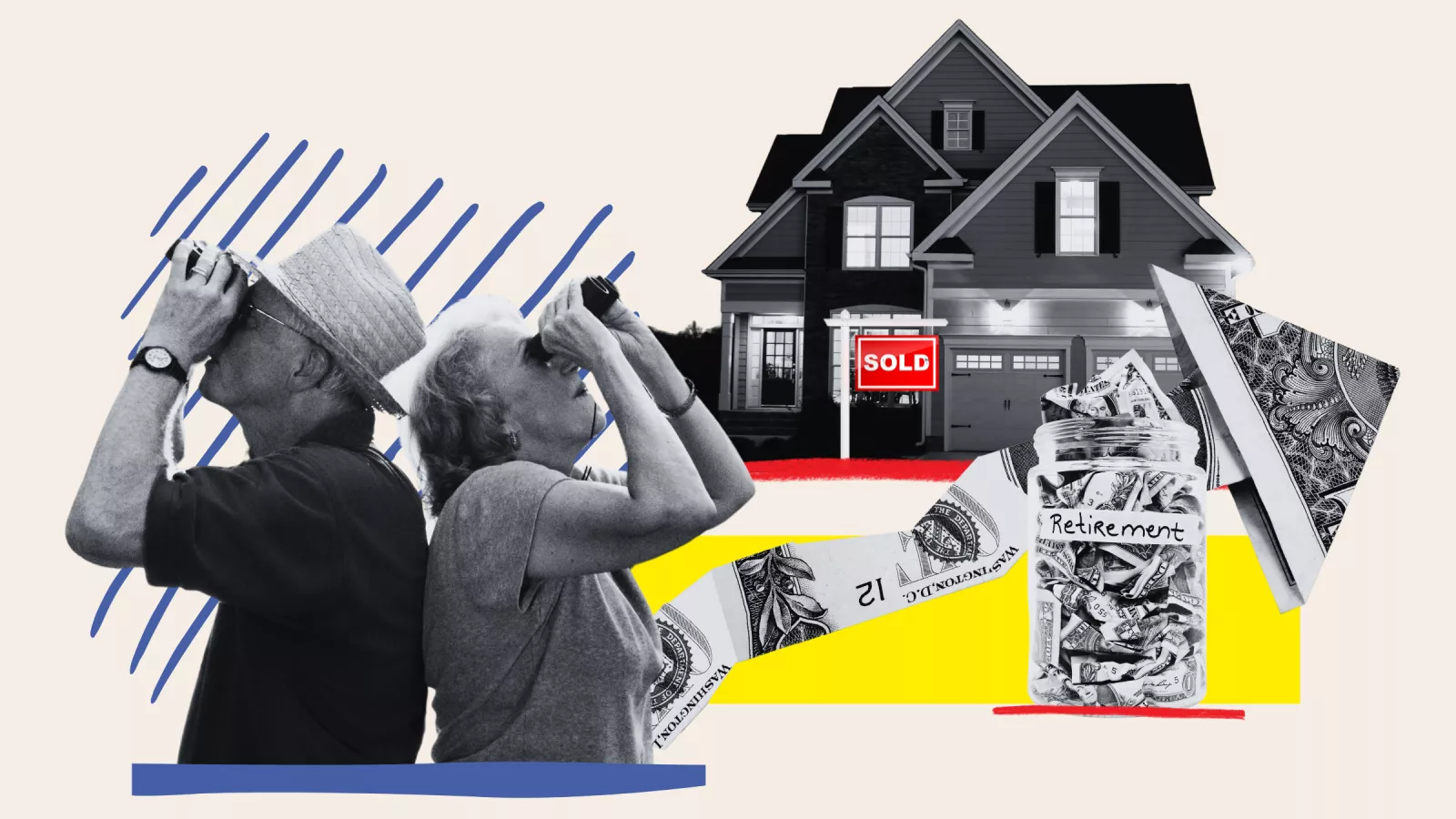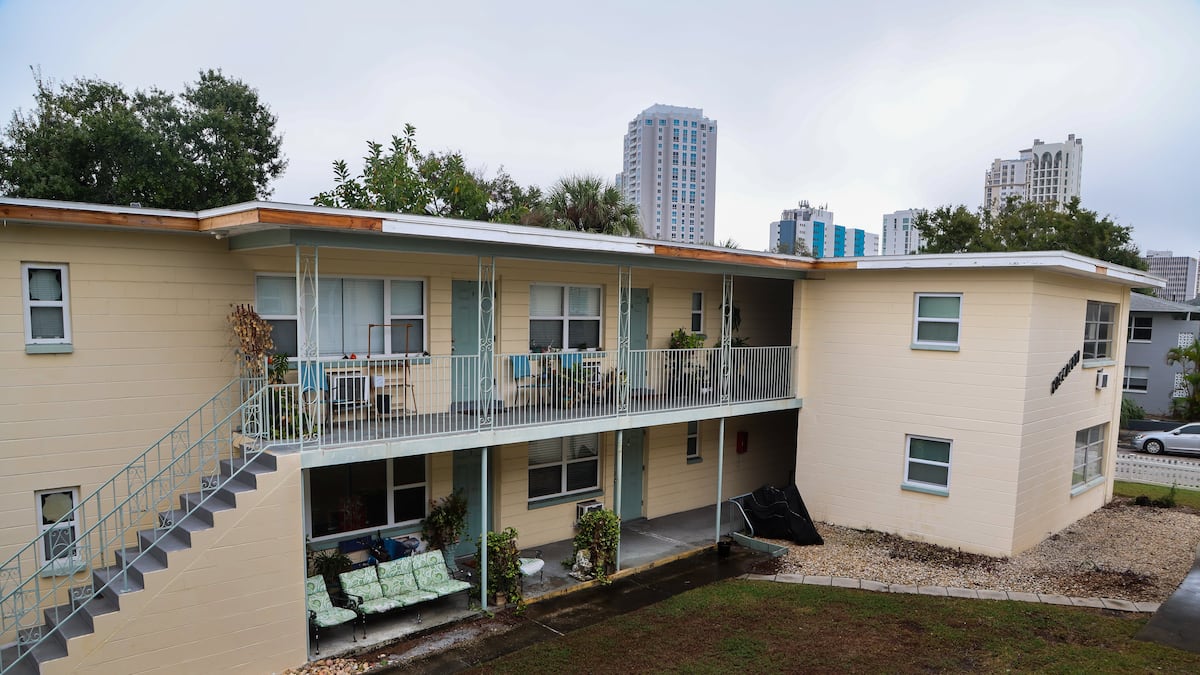B
aby boomers have benefited from rising house prices, but now face a new challenge: finding affordable and accessible homes in which to age. As a result, many are choosing to "age in place" in their current homes, a trend that's likely to impact younger generations. According to Redfin, 78% of baby boomers plan to stay in their current home for retirement.
This shift is contributing to the housing shortage, as millions of homes remain occupied by older Americans who could otherwise be sold to younger buyers. A lack of accessible homes is a major factor, with less than 5% of the US housing supply meeting basic accessibility standards. The problem extends beyond accessible homes, however, as new home construction has not recovered to pre-2008 levels.
The result is a perfect storm of high prices and limited options for baby boomers who want to downsize or move. As Ralph DiBugnara, founder of Home Qualified, notes, "They are equity rich, cash poor, and without many options to fix it because of high interest rates and home prices." This has significant implications for the housing market, as well as for younger generations who may struggle to build wealth through homeownership.
Making homes more accessible can be costly, with modifications such as stair lifts and ramps ranging from $3,500 to $6,000 or more. These changes can also make a property less attractive to potential buyers if a move becomes necessary, potentially reducing its value. As the National Association of Home Builders survey found, 56% of respondents would not buy a home with an elevator installed.
The knock-on effects of baby boomers choosing to age in place are far-reaching. With fewer homes available for sale, younger generations are feeling the squeeze in an already tight housing market. Boomers' control over a large share of US housing has broadened since the 2008 financial crash and the coronavirus pandemic, with significant economic implications.
As Alexandra Gupta notes, "Boomers hold substantial home equity, which has allowed them to leverage their property for wealth or secure retirement. Younger generations may struggle to build similar wealth through homeownership." This could lead to a widening wealth divide between boomers and subsequent generations, as well as increased demand for senior-friendly rentals.
To address these challenges, experts suggest increasing funding, subsidies, tax credits, and zoning flexibility to allow for the construction of affordable senior housing. Jesse Saginor, associate professor of real estate development at the University of Maryland School of Architecture, Planning and Preservation, notes that "until we build for all segments of population in terms of income and age, there are bound to be shortages irrespective of mortgage rates and inflation."














